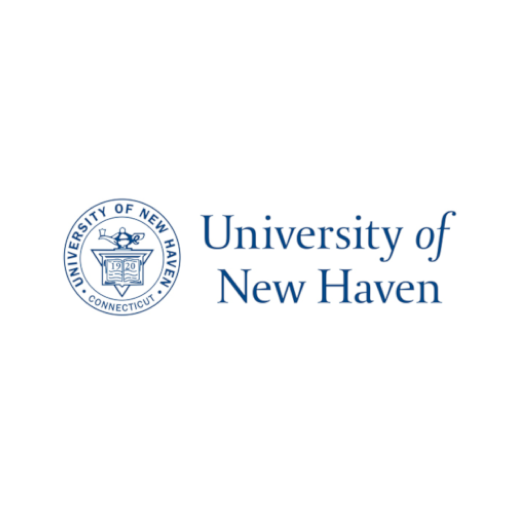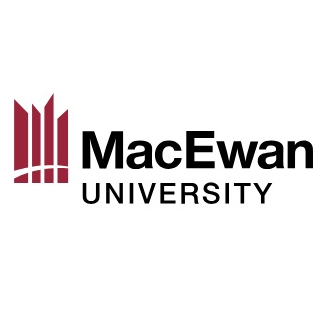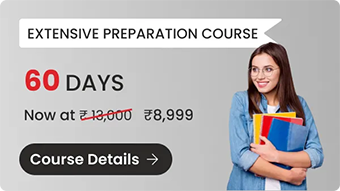• IELTS
IELTS Speaking Vocabulary- Travel and Tourism
4694 Reads
3 min Read
Ace the speaking module of IELTS by mastering travel and tourism vocabulary. Learn and practice niche-related vocabulary to leave a lasting impression on the examiner. Vocabulary allows students to navigate the travel-related topics in the IELTS speaking vocabulary to score the IELTS band score required to study abroad. This blog delves into the words, idioms, and phrases that a candidate can use to showcase their fluency in the English language.
The International English Language Testing System (IELTS) is a widely recognized measure of language proficiency, and its Speaking section is essential to evaluating a candidate's ability to communicate effectively in English. For test-takers aiming to impress examiners, showcasing a rich vocabulary, especially in the context of travel and tourism, can significantly elevate their performance. This article provides insights into the IELTS speaking vocabulary required specifically for the travel and tourism topic and offers strategies for expanding the linguistic repertoire to excel in the speaking module.
Understanding IELTS Speaking Vocabulary for Travel and Tourism
Improving Vocabulary for IELTS Speaking
Extensive Reading & Listening | Indulge in travel blogs, magazines, documentaries, and IELTS speaking samples to get familiar with context-specific words and their usage. This will introduce the candidate to the vocabulary of travel enthusiasts and industry experts. |
| Vocabulary Lists and Flashcards: | Curate lists of words and phrases related to travel and tourism. This can include types of accommodation, transportation methods, and sightseeing terminology. Utilize flashcards for regular review and retention. |
| Practice and Usage | Incorporate new vocabulary into daily conversations and use tips to prepare for IELTS speaking. Use them in sentences and adapt them to different situations to understand their nuances. |
| Learn Collocations and Phrases | Knowing which words typically go together can significantly enhance natural-sounding language use. Phrases like "breathtaking view," "off the beaten track," and "cultural immersion" are excellent examples. |
| Record and Review: | Keep a journal of speaking practices, noting any new vocabulary used. Review these entries to assess progress. It also helps to ensure that the speaker is comfortable with the words in a speaking context. |
Key Vocabulary for IELTS speaking - Travel and Tourism
| Accommodation | Hotel, Guesthouse, Resort, Hostel, Serviced Apartment |
| Transportation | High-Speed Train, Long-haul Flight, Cruise Liner, Ferry, Charter Bus |
| Destinations | Tourist Hotspot, Secluded Beach, Heritage Site, Scenic Route, Urban Metropolis |
| Activities | Guided Tour, Backpacking, Sightseeing, Ecotourism, Sunbathing |
| Experiences | Local Cuisine, Cultural Exchange, Nightlife, Outdoor Adventure, Relaxation |
| Travel Challenges | Culture Shock, Language Barrier, Jet Lag, Homesickness |
| Sustainable Travel | Eco-friendly, Carbon Footprint, Conservation Area, Renewable Resources |
Practical Examples of IELTS Speaking Vocabulary Usage
Resources for Extended Learning
Conclusion
FAQ
Get great articles direct to your inbox
The latest news, articles, and resources, sent straight to your inbox every month.
Popular Universities to Study Abroad
World class education waiting for you.

Capilano University - Main Campus
British Columbia, Canada • 41 Programmes
Tuition Fee : CAD 13000-27000 / year


Global University Systems (GUS) - University of Gloucestershire - Francis Close Hall
England, UK • 50 Programmes
Tuition Fee : GBP 15000-15000 / year

Georgian College - Owen Sound Campus
Ontario, Canada • 10 Programmes
Tuition Fee : CAD 14000-21500 / year

Devry University - Sherman Oaks (Encino) Campus
California, USA • 30 Programmes
Tuition Fee : USD 15000-16500 / year


.png)
Western Institute of Technology at Taranaki (WITT)
New Plymouth, New Zealand • 6 Programmes
Tuition Fee : NZD 15000-21000 / year
Popular English Language Proficiency Exams
IELTS Online
- Live Classes
Blogs and Articles
Curated content to keep you updated on the latest education trends, news and more.
Updated on • Jul 17,2025 05:33 PM IST • USA
PTE Accepted Universities in Australia
Updated on • Jul 17,2025 05:09 PM IST • PTE
Part-Time Jobs for International Students in Australia
Updated on • Jul 17,2025 03:44 PM IST • Australia
Updated on • Jul 12,2025 04:02 PM IST • USA
Updated on • Jul 11,2025 11:32 AM IST • Education
CPT vs OPT: Meaning, Difference, and How to Apply
Updated on • Jul 11,2025 10:40 AM IST • USA
Masters in Computer Science in UK: Top Colleges, Eligibility, Scholarships
Updated on • Jul 10,2025 11:29 AM IST • study in the UK
Highest Paying Jobs in the World
Updated on • Jul 08,2025 01:40 PM IST • Study Abroad
MBA in Australia for Indian Students: Best Universities, Requirements, Scholarship, Courses, Jobs
Updated on • Jul 08,2025 01:35 PM IST • Australia
Canada vs Australia: Which Country is Better for Indian Students in 2025?
Updated on • Jul 07,2025 12:46 PM IST • Education
France vs Germany: Which Is Better for International Students?
Updated on • Jun 30,2025 05:15 PM IST • Education
Top 10 Agricultural Universities in USA
Updated on • Jun 27,2025 05:25 PM IST • USA
Most In-Demand Future Careers in 2025
Updated on • Jun 26,2025 04:41 PM IST • Education
How Much Do Nurses Make in the U.S.?
Updated on • Jun 23,2025 03:59 PM IST • USA
Updated on • Jun 21,2025 02:00 PM IST • USA
MBA in UK: Universities, Eligibility, Types, and Career Opportunities
Updated on • Jun 19,2025 04:09 PM IST • UK • study in the UK
Scholarships in France for Indian Students
Updated on • May 29,2025 05:22 PM IST • France
Intakes in Dubai for Indian Students
Updated on • May 27,2025 03:34 PM IST • Study in Dubai
France Student Visa 2025 – Requirements, Fees, Checklist & Application Process
Updated on • May 23,2025 03:36 PM IST • France
MBA in France for Indian Students in 2025
Updated on • May 22,2025 05:35 PM IST • France
Related Blogs and Articles
A little effort to provide an authentic and reliable content for keen readers!!
Updated on • 11-04-2025 • IELTS
Describe Your Hometown IELTS Speaking Part 1 Topic
Updated on • 07-04-2025 • IELTS
PTE vs IELTS : Know the Difference and Which is Easier?
Updated on • 21-03-2025 • IELTS
IELTS Exam Dates 2025 in India
Updated on • 18-01-2025 • IELTS
IELTS Reading Practice Tests 2025: Reading Passage and Sample Questions
Updated on • 15-01-2025 • IELTS
IELTS Letter Writing Topics 2025
Updated on • 15-01-2025 • IELTS
Canada IELTS band requirements 2025
Updated on • 10-01-2025 • IELTS
Updated on • 25-11-2024 • IELTS
Updated on • 21-11-2024 • IELTS
Updated on • 02-11-2024 • IELTS
Linking Words for IELTS Speaking - Word List & Tips
Updated on • 25-10-2024 • IELTS
IELTS Writing Task 2 - Academic and General Topics with Sample Answer
Updated on • 25-10-2024 • IELTS
IELTS Writing Task 2: Tips, Lessons & Models
Updated on • 25-10-2024 • IELTS
IELTS Test Report Form (TRF): Number, Tracking, Validity and Sample
Updated on • 25-10-2024 • IELTS
IELTS Speaking Samples and Answers
Updated on • 25-10-2024 • IELTS
Updated on • 25-10-2024 • IELTS
Updated on • 25-10-2024 • IELTS
IELTS Sample Charts for Writing Task 1 Practice
Updated on • 25-10-2024 • IELTS
IELTS GT Writing Task 1/ IELTS Letter Writing
Updated on • 25-10-2024 • IELTS
Updated on • 25-10-2024 • IELTS















